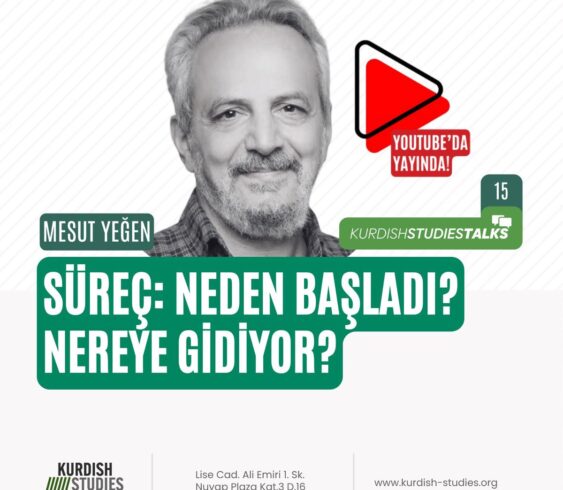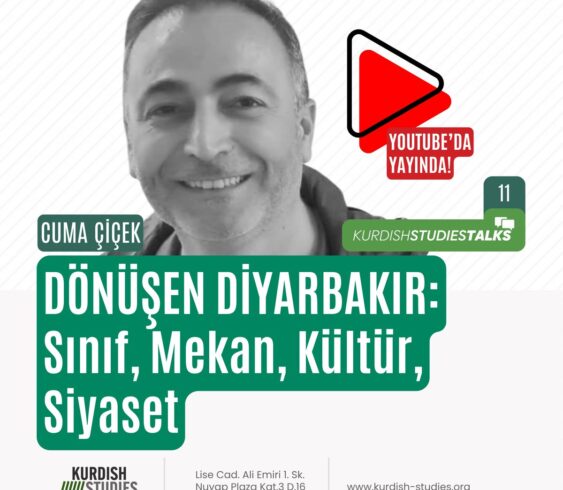Belonging Beyond Borders: Kurdish Youth, Stateless Belonging and Transnational Identities in a Multipolar World
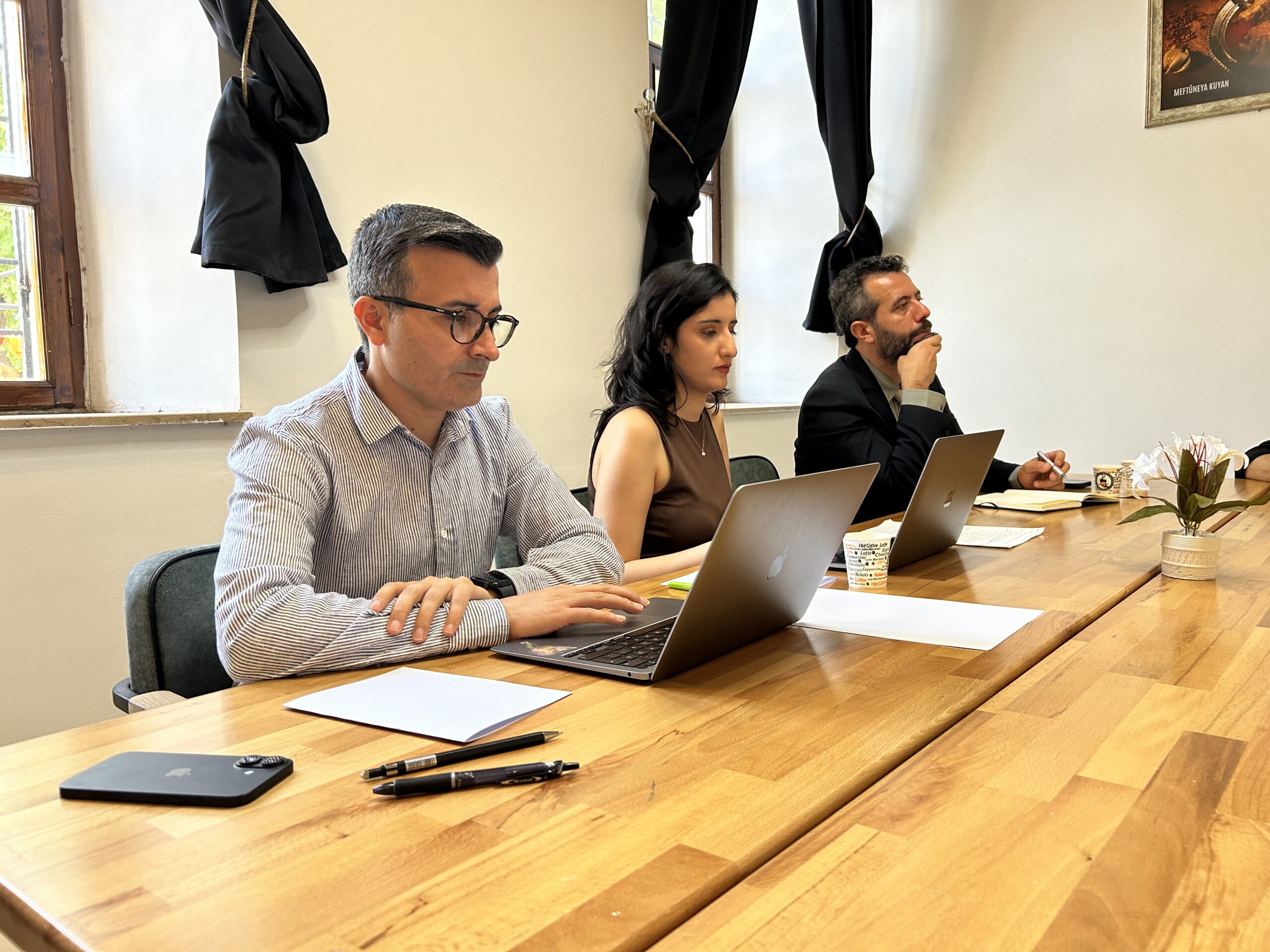
On September 10, we held our event titled “Belonging Beyond Borders: Kurdish Youth, Stateless Belonging and Transnational Identities in a Multipolar World” at the DTSO Gastro-Innovation Center in Diyarbakır. As part of the program we carried out with the support of the UKRI Social Science Impact Accelerator and the British Academy, Dr. Mashuq Kurt from Royal Holloway University and Dr. Barış Öktem from IMC Krems University shared the framework findings of their research on Kurdish youth living in Europe. The presentations discussed how young people develop new forms of belonging through their everyday digital practices, adjust the visibility-security balance according to context, and how belonging is shaped through a collective imagination in digital networks before territorial ties.
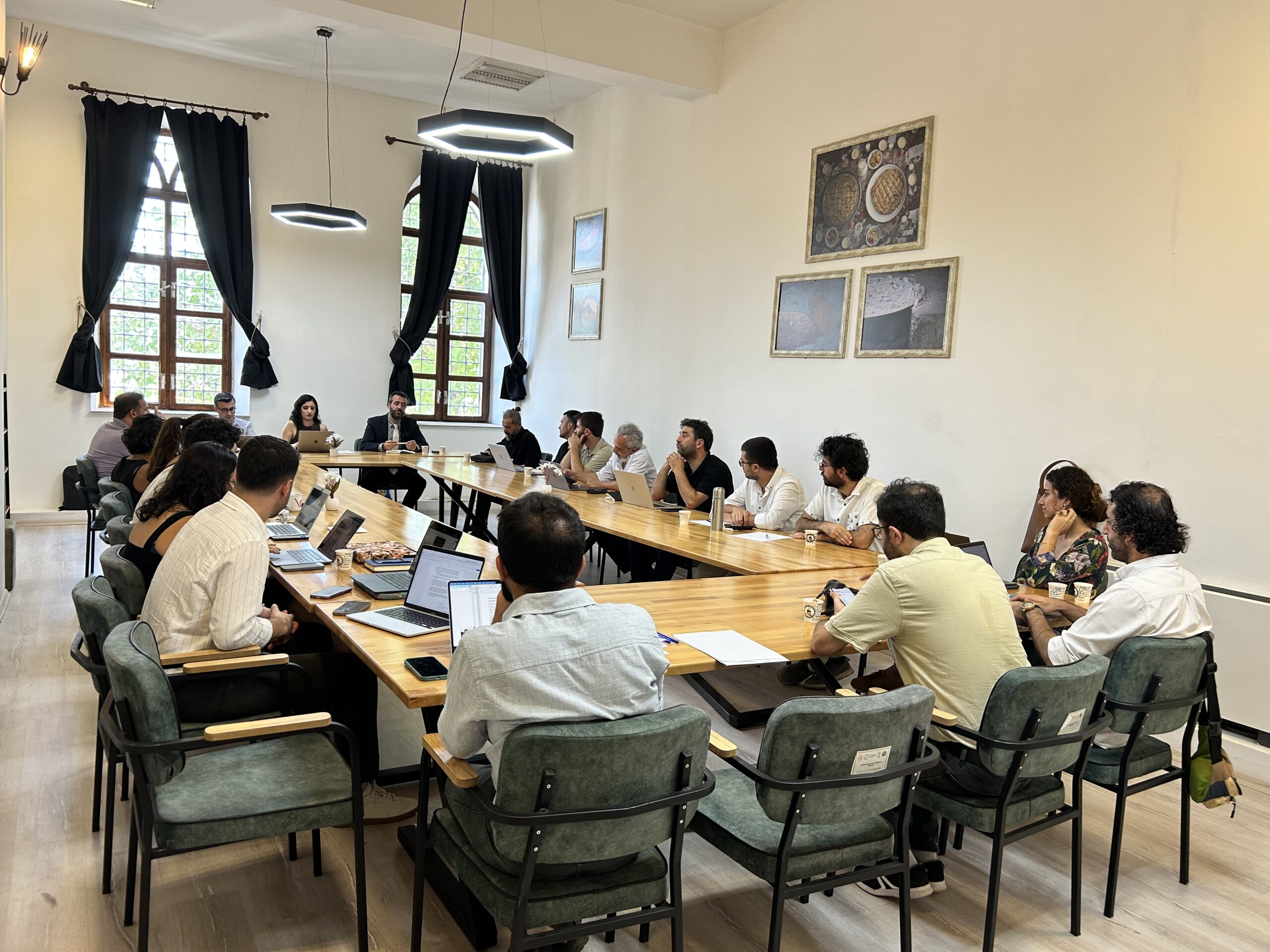
Afterward, Reha Ruhavioğlu and Berfin Coşkun from KSC summarized the findings from our center’s previous youth studies, offering insights into how, over the past decade, young people’s relationship with politics has evolved, the ways in which they embrace and make Kurdishness visible, and the transformation of their ties with Türkiye. They also shared the approach and objectives of our upcoming youth study, gathering feedback from the participants.

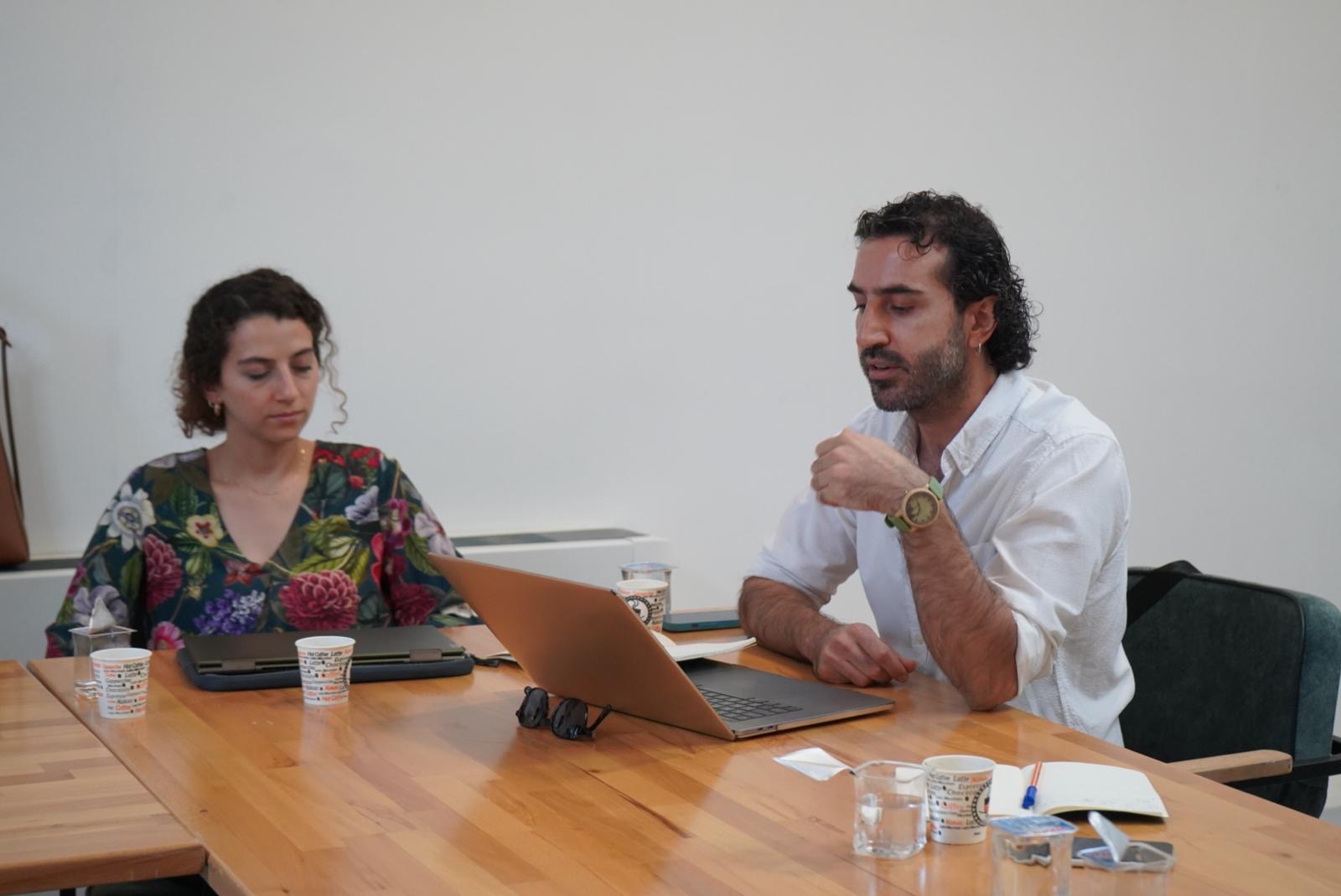
In the day’s public panel session, Berfin Coşkun shared data from various studies on how Kurdish youth define themselves and emphasized that discrimination and regional inequalities in Türkiye directly impact young people. Dr. Mashuq Kurt noted that the diaspora has a significantly young population and that the Syrian war, along with political and economic dynamics, has accelerated migration; he explained that in Europe, young people face integration and economic challenges while being caught between the far right and a new conservative climate. Dr. Barış Öktem shared examples showing how young people in the diaspora have transformed social media into a leading platform for activism while maintaining a non-violent approach. Bilal Ata Aktaş from the DYPALL Network noted that support for youth initiatives has increased across Europe and that young people are participating more actively in decision-making processes. The session concluded with a discussion segment where participants’ questions and comments were addressed.
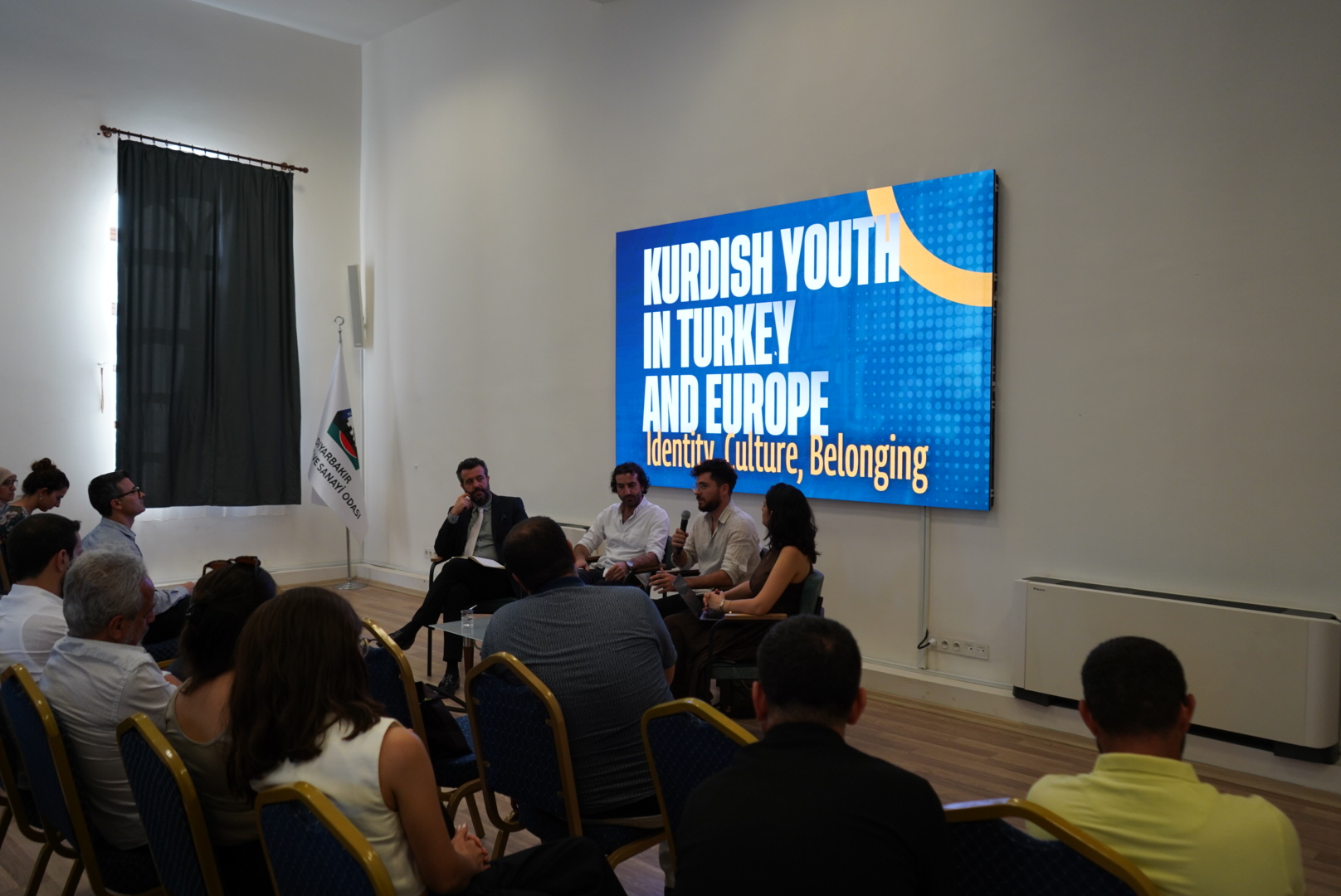
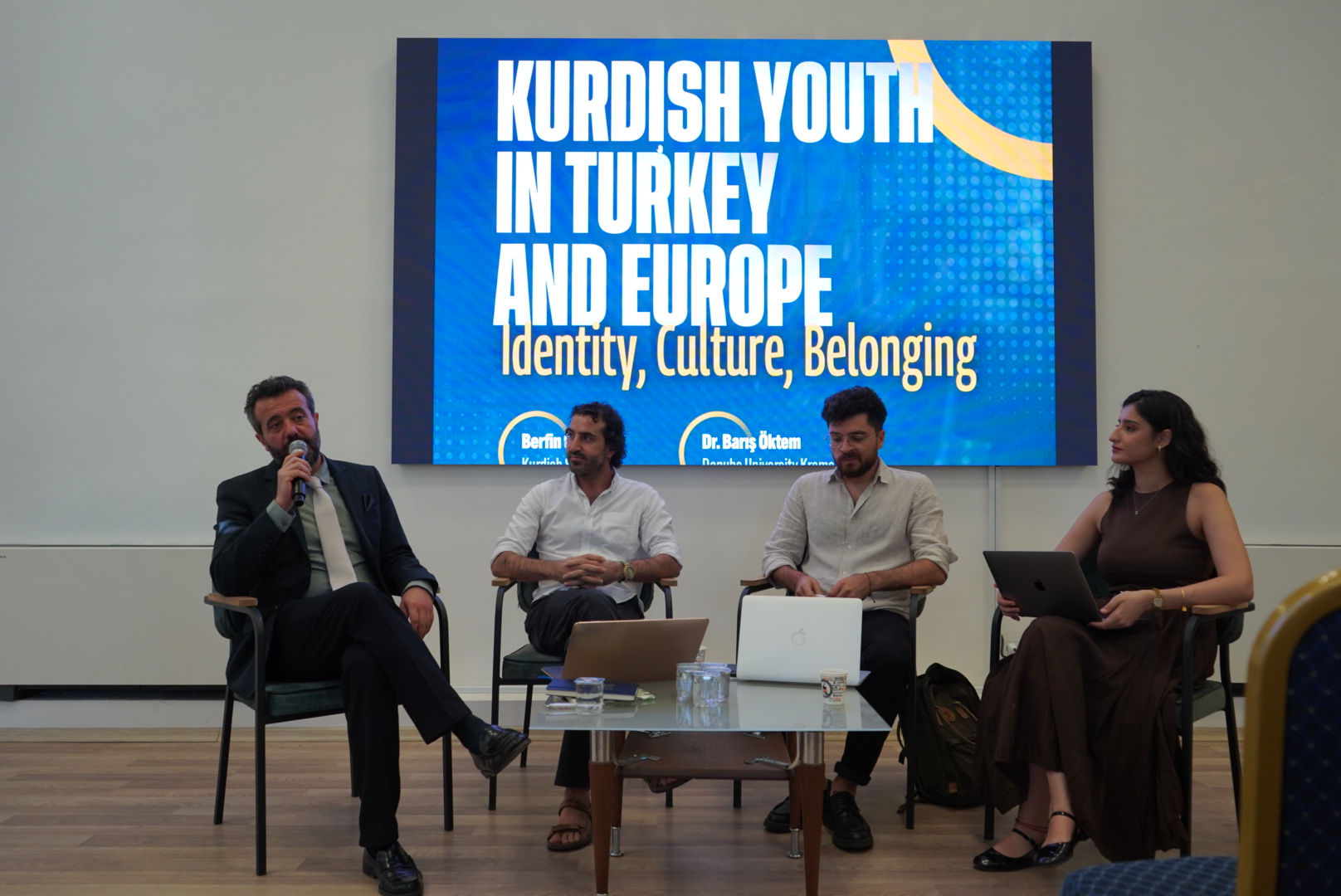
We extend our sincere thanks to the Diyarbakır Chamber of Commerce and Industry (DTSO) and the DTSO Gastro-Innovation Center for hosting us throughout the event, as well as to all our speakers and participants who enriched the discussions with their valuable contributions.
